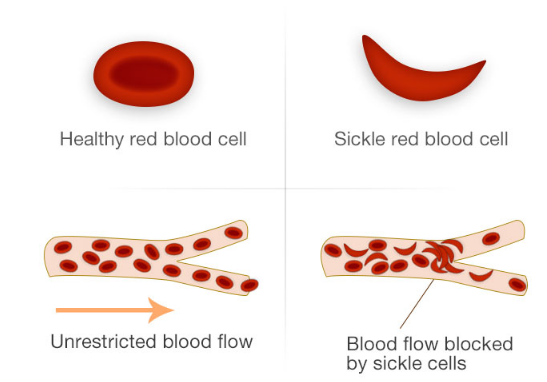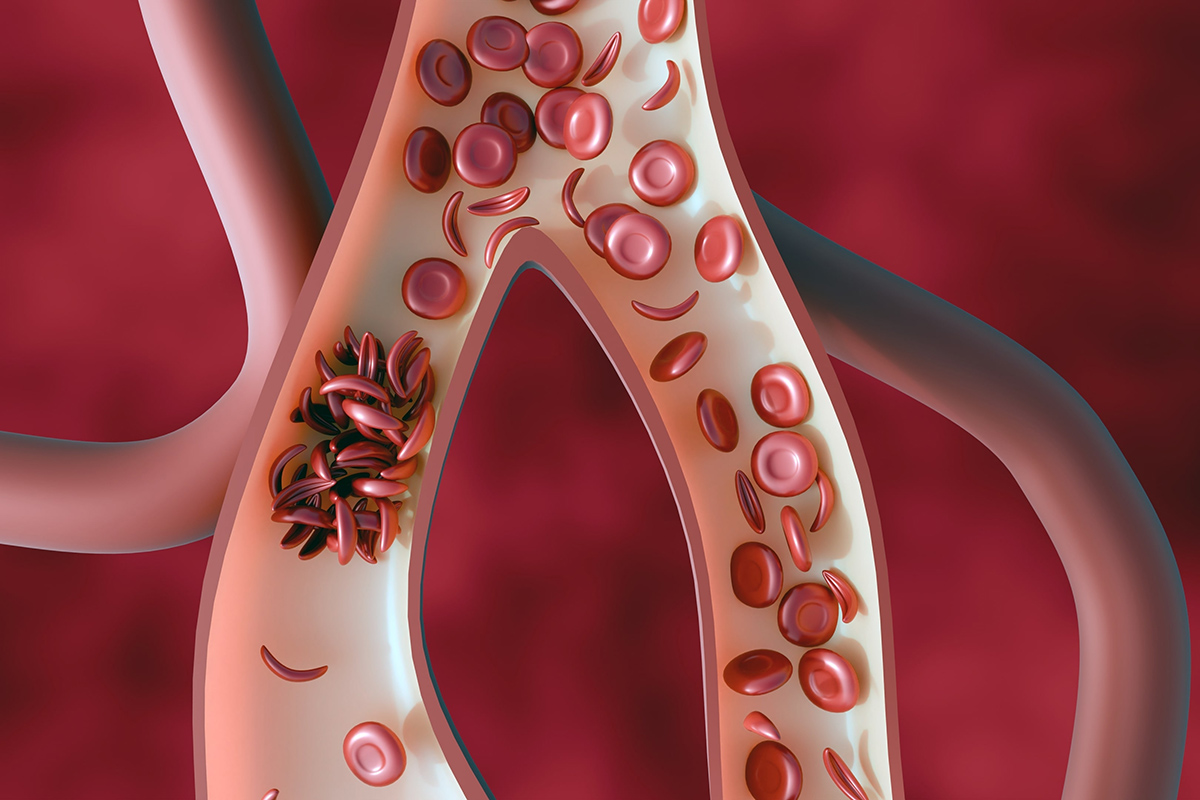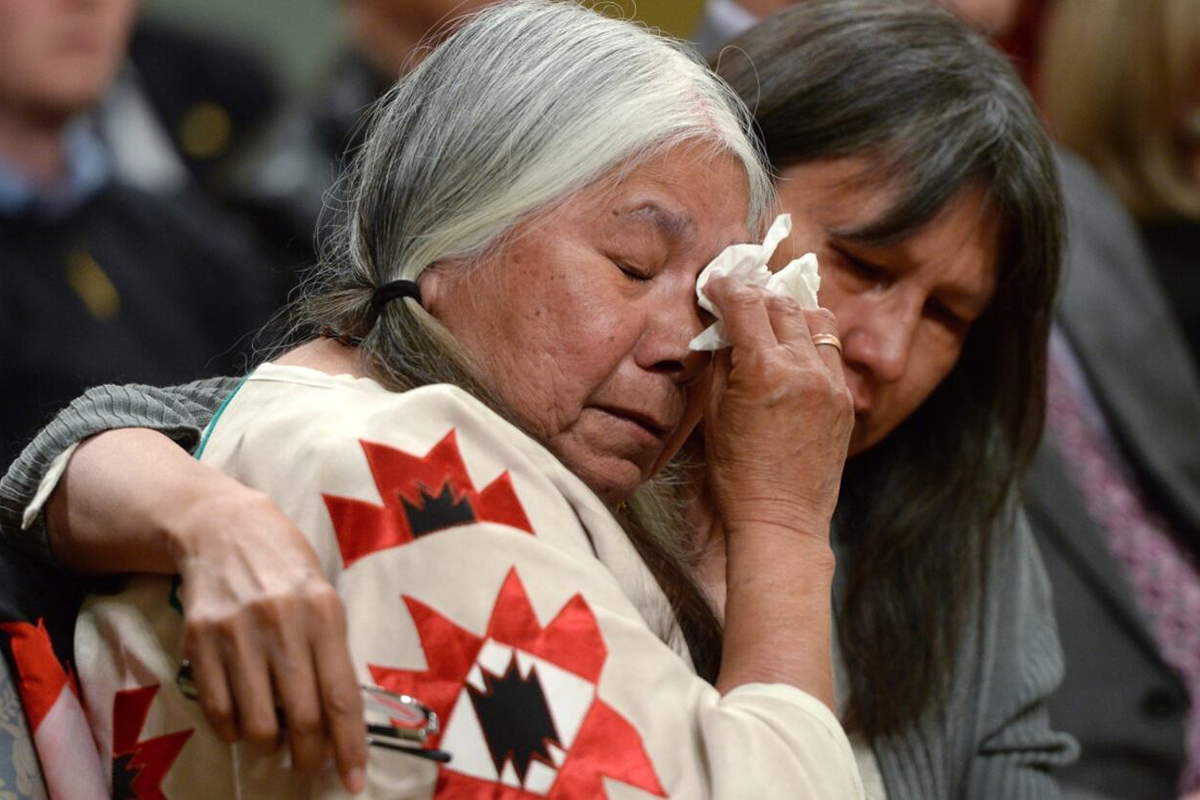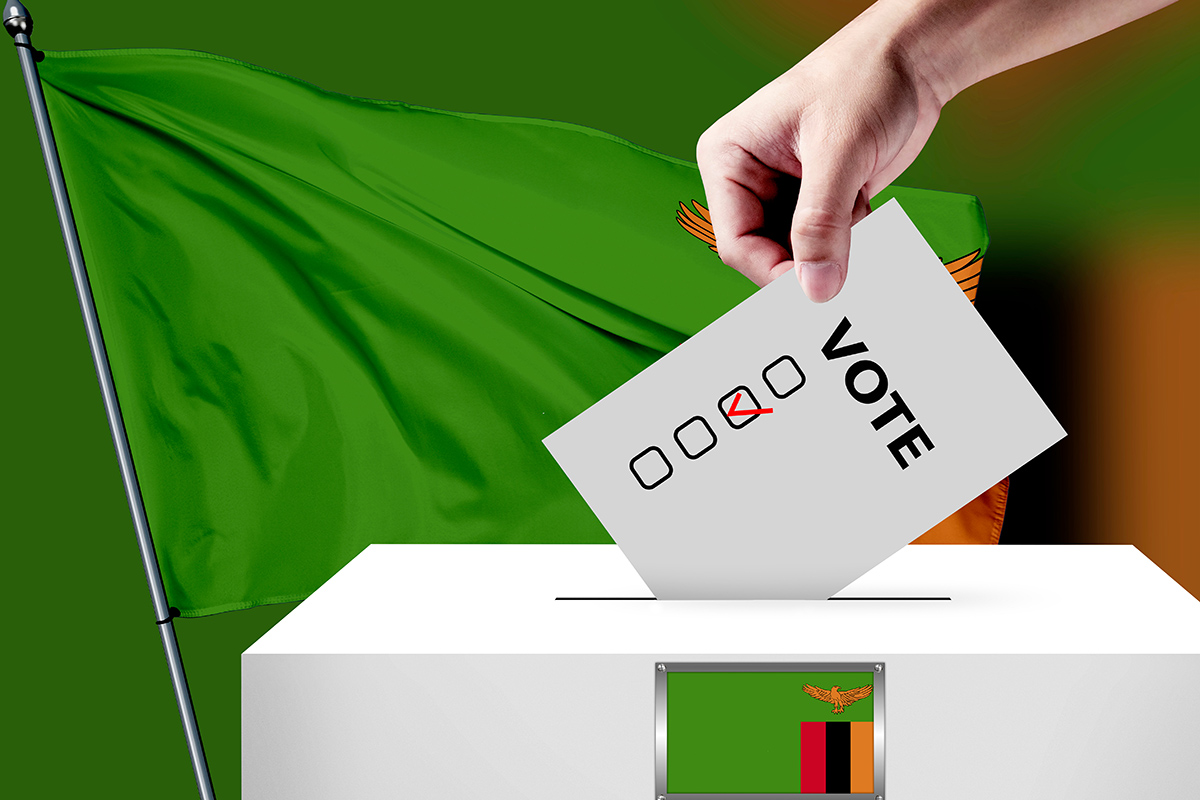Breaking the Silence on Sickle Cell
September 29by Nafeesah Ahmed-Adedoja
Each September, Sickle Cell Awareness Month invites people across the globe to reflect on a disease that, despite affecting millions, is often vastly overlooked and under-researched. As someone who grew up with family members and friends who are Sickle Cell “Warriors,” I believe it is not only important to raise awareness about this disease through open discussions and various forms of media, but also necessary to break the stigma and amplify the voices of those living with Sickle Cell Disease.
Within the Commonwealth, from the shores of the Caribbean to Africa and South Asia, and beyond, Sickle Cell Disease (SCD) is more than a medical issue — it is a social and youth concern demanding urgent attention. However, in order to enact change, we need to start at the very beginning. What is Sickle Cell and how can you make a difference today?
Understanding Sickle Cell Disease
Sickle Cell Disease is an inherited disorder, which means it is passed down from parents to their children. Our bodies are made up of trillions of cells, each with its own important job. One of the most vital types are red blood cells, which are shaped like small, flexible donuts. Their main role is to travel through our blood vessels and deliver oxygen to every part of the body.
However, in sickle cell disease something goes wrong with these red blood cells. Instead of staying round, they become rigid and shaped like the crescent moon or a “sickle.” These misshapen cells can clump together and result in blocks to blood flow leading to severe pain, organ damage, and an increased risk of infections. While treatments can help manage symptoms and improve quality of life, there is currently no cure for sickle cell disease.

The World Health Organization estimates that around 515,000 babies are born with SCD every year, with the majority in Sub-Saharan Africa and Asia, which are both home to many Commonwealth nations. Nigeria, in particular, has the highest number of cases of SCD in the world, with approximately 150,000 babies born annually, and 70-90 per cent of these children tragically dying before the age of five.
Lack of Awareness and Stigma
Despite the prevalence of sickle cell disease, it is still misunderstood. Myths and misconceptions still exist globally and contribute to stigma, which can lead those with SCD to isolate themselves in society. For example, in some communities, people with SCD face discrimination in schools, the workplace, and even in hospitals when conveying levels of pain to healthcare professionals. Such discrimination makes it difficult for young patients to flourish or access appropriate care.
Advocacy in the Commonwealth
Across the Commonwealth, many organisations and individuals are now fighting for policy changes, advocating for more inclusive care and offering support to families and individuals affected by SCD. In Nigeria, for instance, The Sickle Cell Foundation Nigeria has various outreach programs to educate youth about sickle cell disease to encourage people to become advocates for change. Furthermore, they recently started an excellent podcast called “The Champion’s Pulse” to dispel some of the negative stereotypes people have. You can check it out on their YouTube channel using the link below:
Another organisation doing some great work in the United Kingdom is the Sickle Cell Society, who are challenging narratives and raising funds to enhance research and educate healthcare professionals and others about the condition. Over the past year, they have created several opportunities to support people with sickle cell disease through their incredible “Ultra Challenge Series”—a series of hikes across the UK to raise funds and awareness for sickle cell.
Access to Care: A Shared Responsibility
Despite the work being done by organisations, barriers to healthcare still remain a challenge. Many countries still lack adequate screening, diagnosis, and treatment facilities. Rural communities are particularly vulnerable due to limited resources. Bridging these gaps requires collective effort from governments, NGO’s and youth to improve affordability and access to healthcare.
You can make a difference: A Call to Action
Sickle Cell Awareness Month provides us with a unique opportunity to speak out by sharing stories, volunteering with local groups, and promoting accurate information. Together, we can help break the silence and challenge the stigma to ensure that our Sickle Cell Warriors and their families don’t have to face SCD alone in September and beyond.
Get Involved:
- Support your local or international sickle cell organisations.
- Share educational resources with others on and off social media.
- Listen to and amplify the voices of those affected by SCD.
- Educate yourself and advocate for better healthcare policies in your community. Sources:






